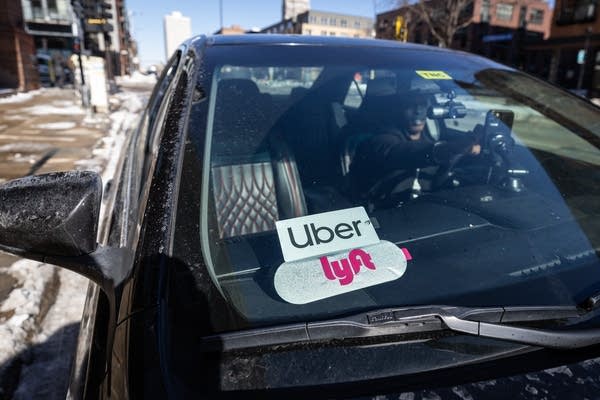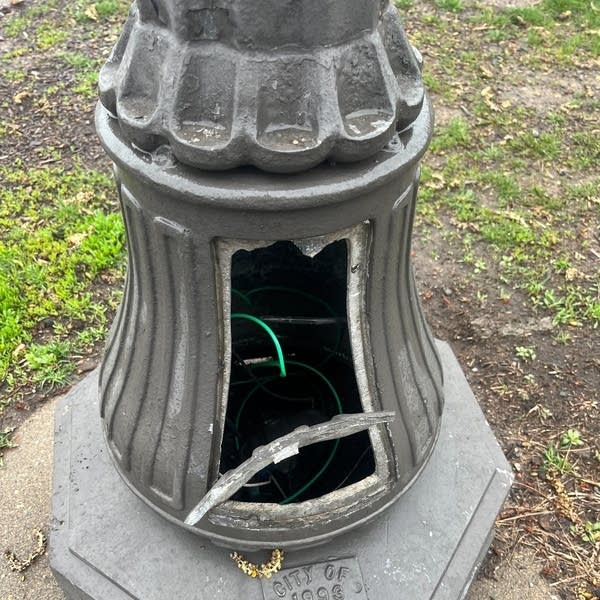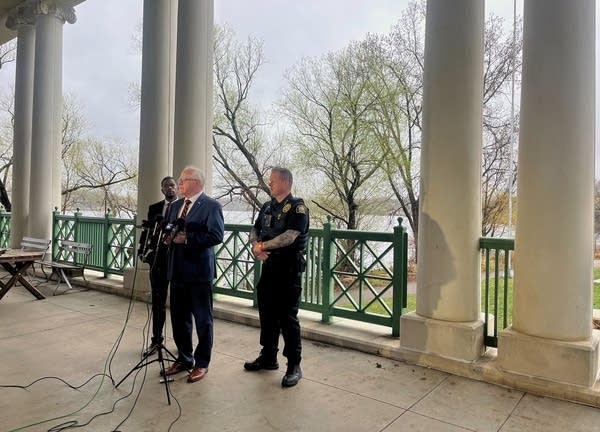
Uber and Lyft are agreeable to one piece of Legislature’s rideshare solve
April 17, 2024
The Supreme Court opens the door to more discrimination claims involving job transfers
April 17, 2024Gov. Tim Walz said he’s fully in support of proposed legislation that aims to curb copper wire theft.
Last year, stolen copper wire cost St. Paul $1.2 million to replace. Now, city officials are pushing the state to pass legislation to curb the theft — which they say is not only a cost to taxpayers but to public safety, too.
“You show up with a bunch of copper wire you stole, you’re going to have a hell of a time selling it. And should you buy it, there will be serious penalties,” Walz said at a press event at Como Regional Park. “I will certainly support that legislation when it gets to me.”
The legislation, which was introduced in both the House and Senate late February, requires sellers to obtain a state-issued license. Building off of the catalytic converter laws passed last year, it makes it illegal to sell without a license — and to buy from someone missing a license.
Around Lake Como, over 100 streetlights have gone dark, officials said. The metal bases are busted open, with green and black wires protruding out. St. Paul Mayor Melvin Carter said some days, the wires will get stripped out just one day after being replaced. And it costs up to $2,000 to replace each light.
“This winter, we saw Stephen Wirtz and his dog who were hit by a car and killed on a street that was made dark by thieves. It’s simply unacceptable,” Carter said.
St. Paul has more than 42,000 streetlights, so Carter said it’s hard to monitor every light.
“This just isn’t a problem that we’ll be able to effectively chase out of existence. We’ve got to get in front of it,” he said.
In the proposal, licensed electricians are automatically deemed eligible to purchase or sell scrap metal, and residents and businesses would still be able to recycle copper for free.
Carter said a total of 38 Minnesota mayors have signed a letter in support of the bill — from Minneapolis to the Iron Range. In St. Paul, the cost to the city has more than quadrupled in the past five years — costing $250,000 in 2019 to more than $1 million last year.

In February alone, an estimated 2,000 streetlights in St. Paul parks were dark, the city said.
The approach to combating the issue is multi-pronged. The city has labeled wires with “City of Saint Paul,” kept lights on during the day and used security bolts to secure the panels, among some other tactics — but those efforts have not slowed down theft.
It’s not just streetlights. Wiring is stolen from window air conditioning units, traffic signals, electric vehicle charging stations and utility vaults. The fix isn’t as simple as making the bases of poles harder to get into, Walz said, because safety requirements necessitate poles be able to be broken off if hit with a car. Walz said he believes the legislation is the “most inexpensive” solution.
St. Paul Police Chief Axel Henry said the department is ramping up efforts to stop thieves, but the solution needs to start with taking away the financial incentive to steal.
“We have to make it so there is no market for them to offload those things there,” he said. “We’re going to be making more arrests, more charges are coming, we are not going to turn the other way. We’re not going to count on this legislative solution to be the fix. It’s a piece of a comprehensive plan. And it’s a very important piece.”





